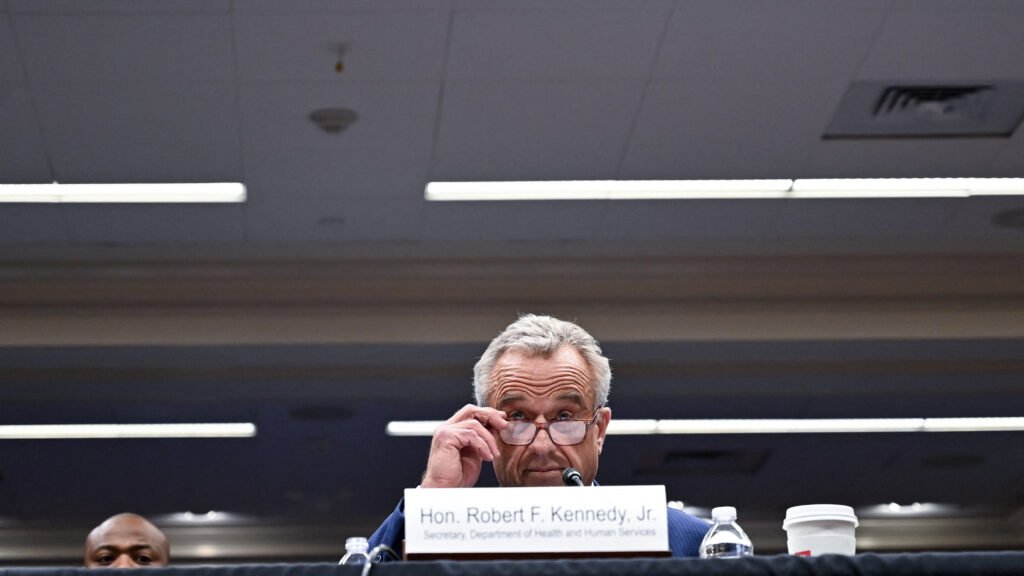As seasoned health lawyers with decades of experience in the field, we understand the importance of respecting the boundaries of our expertise. It is essential to defer to public health experts and healthcare professionals when it comes to making decisions about vaccines and immunization policies. As much as we are knowledgeable in the legal aspects of healthcare, we acknowledge that we are not the authorities on vaccine science or public health.
Recently, Health and Human Services Secretary Robert F. Kennedy Jr. made troubling statements regarding the Covid vaccine, particularly in relation to pregnant women and children. His declarations, made without the consultation of CDC immunization experts, have raised concerns among the healthcare community. Kennedy’s abrupt shift from his initial stance on vaccines to advising against Covid vaccination for certain populations is alarming, especially considering his lack of medical expertise.
Historically, HHS secretaries have relied on the CDC and its Advisory Committee on Immunization Practices (ACIP) to provide evidence-based recommendations for national immunization policies. The CDC and ACIP play a crucial role in shaping immunization schedules and policies that safeguard the health of vulnerable populations, such as pregnant women and children. The trust placed in these expert bodies by successive administrations underscores the importance of evidence-based decision-making in public health.
Kennedy’s unfounded statements regarding Covid vaccination for pregnant women and children, made without the input of his own experts, pose a significant risk to public health. Such irresponsible actions could lead to a decrease in vaccination rates, particularly if insurers follow suit and refuse to cover immunizations. It is essential to rely on the expertise of scientific advisory bodies like the CDC and ACIP when making decisions that impact public health.
While it is important to periodically review and reassess vaccination policies, any changes must be based on sound scientific evidence and expert recommendations. The decision to alter the Covid immunization schedule for pregnant women and children should not be taken lightly or without the input of relevant experts. Kennedy’s anti-vaccine bias and lack of medical credentials further underscore the need to seek guidance from qualified professionals in matters of public health.
In conclusion, it is crucial for parents, pregnant women, and insurers to seek medical advice from trusted healthcare professionals rather than relying on unsubstantiated claims made by individuals without the necessary expertise. Upholding evidence-based decision-making in immunization policies is paramount to ensuring the health and well-being of the population.
This article was co-written by Sara Rosenbaum, Professor Emerita at George Washington University and former ACIP member, and Richard Hughes IV, a partner at Epstein Becker Green and Professorial Lecturer in Law at George Washington University Law School. Hughes previously served as Vice President of Public Policy at Moderna.


